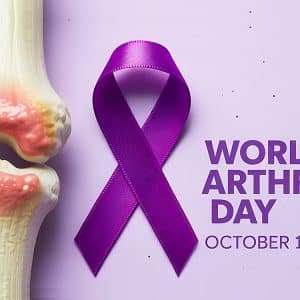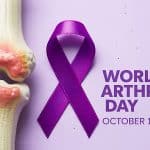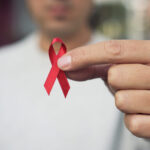World Antimicrobial Awareness Week
This annual event is held in November to raise awareness about the proper use of antibiotics. The initiative strives to combat antibiotic resistance, a global health issue threatening the effectiveness of medical treatments.
What are Antibiotics?
• Antibiotics are medications used to treat bacterial infections by either killing bacteria or inhibiting their growth.
Types of Antibiotics:
1. Broad-spectrum antibiotics: These work against a wide range of bacteria, like amoxicillin.
2. Narrow-spectrum antibiotics: These target specific types of bacteria, like penicillin.
◾️Why don’t antibiotics treat viral infections?
• Viruses differ from bacteria in their structure and function.
• Antibiotics only work on living cells (bacteria), while viruses rely on the body’s cells for survival.
◾️Antibiotic Resistance: A Global Problem
• Definition of resistance: When bacteria become capable of surviving despite the use of antibiotics.
Causes of antibiotic resistance:
1. Overuse of antibiotics.
2. Not completing prescribed doses.
3. Using antibiotics that are not suitable for the type of infection.
Consequences of antibiotic resistance:
1. Difficulty in treating infections.
2. Increased risk of spreading resistant infections.
3. Higher treatment costs.
Guidelines for correct use of antibiotics:
1. Medical diagnosis: Antibiotics should be prescribed based on an accurate diagnosis.
2. Do not share medications: Each person needs a specific dosage and type of antibiotic suited to their condition.
3. Complete the prescribed course: Even if symptoms disappear, it’s important to finish the course to fully eliminate the bacteria.
4. Avoid self-medication: Buying antibiotics without a prescription can lead to inappropriate use.
Common side effects of antibiotics:
• Digestive disturbances (nausea, diarrhea).
• Allergic reactions (rash, itching).
• Destruction of beneficial bacteria in the intestines, potentially leading to other infections like candidiasis.
How can we reduce antibiotic resistance?
1. Raise awareness about the dangers of overusing antibiotics.
2. Promote good hygiene practices to reduce the spread of infections.
3. Develop new medications to combat resistant strains.
4. Use preventive alternatives, such as vaccines, to reduce the need for antibiotics.
Dietary recommendations when using antibiotics:
1. Dairy products: These can reduce the absorption of certain antibiotics, like tetracycline.
2. Probiotics: Such as yogurt, help restore beneficial bacteria.
3. Drink plenty of water: This helps reduce side effects and improves absorption.
The importance of vaccines as a complement to antibiotics:
• Vaccines help prevent bacterial and viral infections, which reduces the need for antibiotics.
Wishing good health and safety to all
Dr. Madhi Abd Al-Sahib
Medical Advisor at Imam Al-Hujjah Hospital










